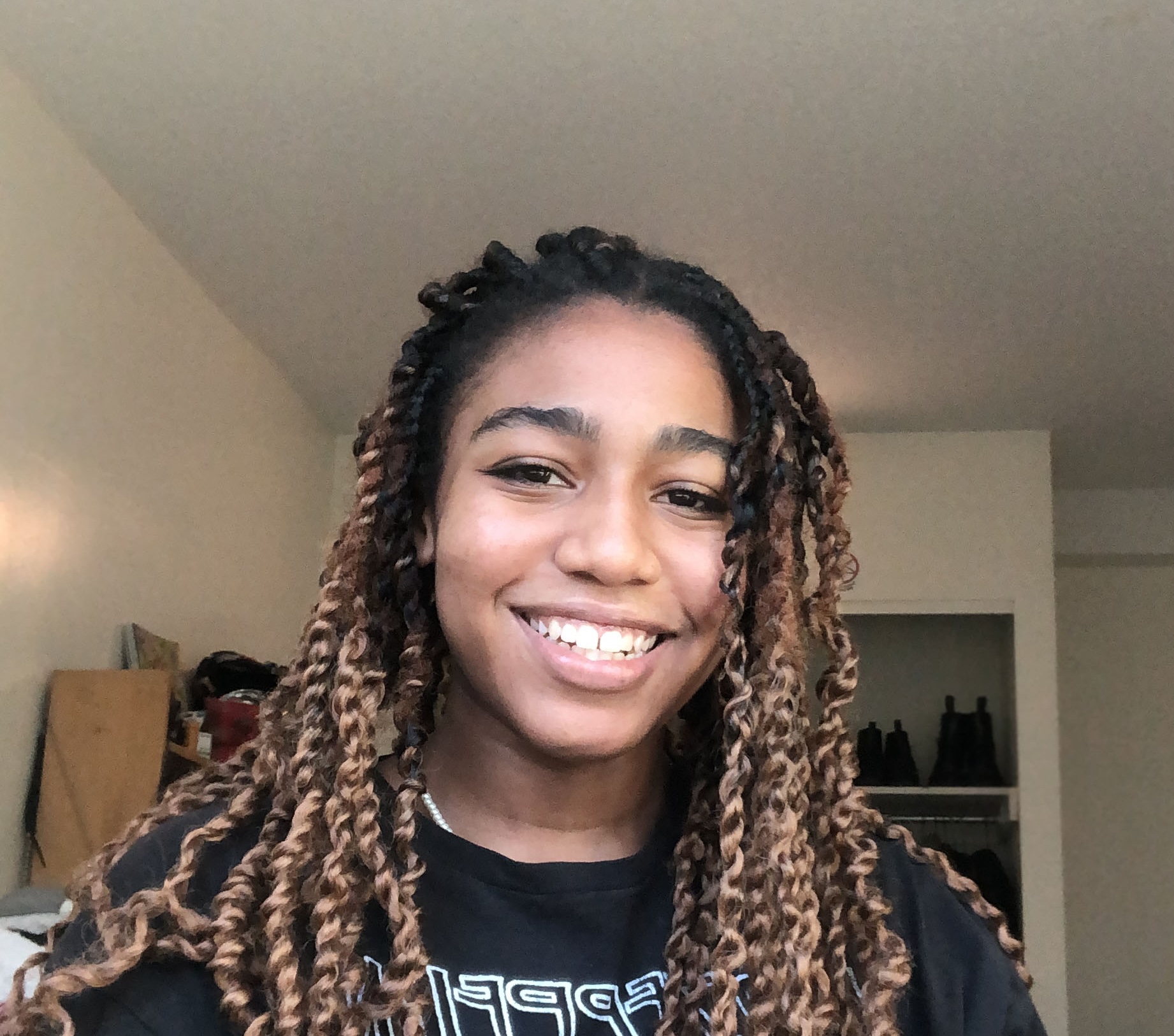Ever since my first semester at NYU, I couldn’t go a day without hearing the words “study abroad.” Whether came from a pair of friends swapping photos in Washington Square Park, or students scrambling to finish their visa applications — study abroad is ingrained in the NYU lexicon. Despite site closures during the height of COVID and many scheduling conflicts, I am happily spending my last semester of college in Madrid. Here are a few pieces of advice for venturing out into the world and studying away from home.
Do Research on Your Program.
My school is known for its expansive study-abroad options; it has 12 locations worldwide, 15 if the three degree-granting sites are counted. NYU is unique in its study abroad setup — all sites abroad remain NYU sites. Here at NYU Madrid, students are spread across two dorms consisting almost entirely of other NYU students. We attend all of our classes in the same building, which forms a sort of bubble around us. If we don’t take it upon ourselves to venture outside of that bubble, we remain in a primarily English-speaking, New York-esque environment for the entire time we spend here.
Know Your Housing Situation
Some programs offer dorms, homestays or let students get apartments in the city. Explore your options and have an idea of what will work best for you. Know that you might not get your preferred living situation and try to establish spots that feel like home for you.
Prepare Your Course Schedule
While no one expects their time abroad to be the most academically rigorous, set yourself up for success when you return home. Get core requirements out of the way or knock a few major requirements off your to-do list as quickly as you can. That being said, don’t overdo it — no one wants to spend every weekend holed up in a study room — but ensure that you don’t derail your progress toward graduation.
Choose Your Site Carefully
Be careful to consider any and all of your social identities when choosing your study abroad site. Your safety and comfort should take priority. Discomfort and culture shock can be expected when studying away from home, but not to the extent that you feel unsafe or unwelcome at your study abroad site.
Prepare Your Documents Early
Studying abroad can be a documentation nightmare, and it is essential to leave some room for error. If you do not already own a passport, get one as soon as possible as well as check the visa requirements for your chosen site. It’s a good idea to have printed copies of your documents (like your title and visa page) as well as your ID in case of an emergency. Keep a copy in both your carry-on and packed luggage just in case your luggage ventures off without you. Know in advance where you need to go straight from the airport and provide printed directions if possible. If you aren’t comfortable speaking the language of the city you’re in, print out a few key phrases to use so you can get where you’re headed!
Communication and Currency
The first text I got after my 12-hour flight was from AT&T, alerting me that I had an international day pass and kindly reminding me that each call or text I sent afterward was an additional $10. In order to avoid this, analyze what will best suit your needs as far as communication goes. An international phone plan is good if you know you’ll primarily be trying to contact people from back home. If not, a local SIM card will give you a local phone number that you can use. Many who study abroad also use chat apps like WhatsApp to keep in touch for free.
Before you go abroad, be sure to let your bank know that you are going to be out of the country for a while — a fraud alert is the last thing anyone needs when they’re enjoying themselves at a restaurant. You should also be aware of conversion rates and foreign transaction fees when pulling money out of an ATM. Some banks have international partners that have no further ATM fees, so it’s a good idea to investigate your bank’s situation. If you are able to pull money out of an ATM, it’s advisable to do so in large quantities.
Keep track of your finances while you’re away. Many student visas have work restrictions, so obtaining a part-time job to keep funds flowing might not be an option. Between conversion rates and transaction fees, it’s easy to lose track of how much you have in your account.
Be a Tourist, It’s Okay
It’s safe to say that the most universally hated people on Earth are tourists. They’re loud, they dress poorly and they take up unnecessary space. The urge to blend in as a local while you’re studying abroad is understandable, but know that real locals have had their entire lives to see the best attractions in their city. Take a cheesy picture for your family, brag to your friends about passing by the Eiffel Tower every day and know that your time at your site is limited. After a few weeks of establishing a routine in a city, it may begin to feel stale and familiar. When that feeling inevitably hits, try to shake up your daily routine. Try a new cafe, go to a new park or take a different route to class. It’s impossible to know a city inside and out after living there for less than a month, so push yourself to find something new and exciting about it every day.
It Might Not Be What You Expected…
Not everyone is completely enamored with their study abroad experience, but it’s important to try and figure out why. Try to modify your expectations coming in and recognize that at its core, every place is just that — a place. Much of the study abroad experience is dependent on you and what you choose to make of it. Whether you take the opportunity to travel in ways you couldn’t back home or choose to develop a deeper relationship with the city you are staying in, the decision is up to you. But try to avoid comparison. Measuring your study abroad experience to someone else’s will only leave room for disappointment and frustration.
You Have the Opportunity To Make the Most of It!
Wherever you decide to go, the city is your campus. Every NYU student and New Yorker (much to their ire) is familiar with the statement. NYU is bereft of the usual collegiate attractions; instead, it offers its nearly 30,000 undergraduates an authentic city experience with safe havens strewn around the boroughs. I think the NYU motto is conducive to a successful study abroad experience. Make the city your campus. Be the driving force behind your experience — dedicate your time abroad to making the semester (or year) uniquely your own and come back with a story … or 12.


















For most recent information you have to pay a quick visit internet and on the web I found this site as a most excellent website for most recent updates.
https://clients1.google.cv/url?q=https://didvirtualnumbers.com/tr/
Hi there, every time i used to check website posts here in the early hours in the break of day, for the reason that i enjoy to find out more and more.
Rybelsus
This is my first time visit at here and i am really pleassant to read all at single place.
https://privatebin.net/?60d6eb1865a0ff2f#4MxVTBQzbkGBms3dm1df5o5RAb3vZxKY4sD2STBP5BtL
I believe what you posted was very reasonable. However, what about this? what if you typed a catchier post title? I ain’t suggesting your content isn’t solid., however what if you added a post title that grabbed folk’s attention? I mean %BLOG_TITLE% is kinda plain. You ought to peek at Yahoo’s front page and see how they create article headlines to get people interested. You might try adding a video or a related pic or two to get readers excited about everything’ve got to say. In my opinion, it could make your blog a little livelier.
https://clients1.google.co.th/url?q=https://blog.nudify.online
What a data of un-ambiguity and preserveness of valuable knowledge regarding unpredicted feelings.
https://www.sdiplom.ru/
I got this website from my buddy who shared with me on the topic of this web site and at the moment this time I am browsing this site and reading very informative content at this place.
https://frontersupport.com/the-best-clothes-remover-in-2024/
What’s up everyone, it’s my first go to see at this site, and paragraph is in fact fruitful in support of me, keep up posting these content.